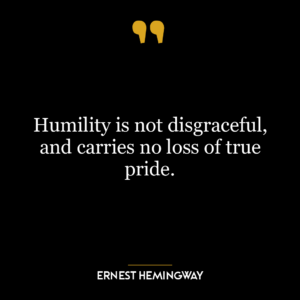This quote essentially breaks down warfare into five fundamental elements – men, money, materials, maintenance (food), and morale. Each of these components is crucial in its own right and collectively they form the backbone of any military endeavor.
“Men” refers to the soldiers who are the physical embodiment of warfare. They are the ones who execute strategies and physically engage in combat. Without them, there would be no one to carry out the orders and plans of the leaders.
“Money” is necessary to finance the war. It is needed to pay the soldiers, procure materials, and ensure the maintenance of the army. Without sufficient financial resources, a war cannot be sustained for long.
“Materials” encompass the weapons, machinery, and other equipment used in warfare. These are the tools that enable the soldiers to engage in combat effectively and efficiently. Without proper materials, an army would be ill-equipped to fight.
“Maintenance,” particularly food, is crucial for the survival and health of the soldiers. An army marches on its stomach. Without proper nourishment, the soldiers would be weak and unable to perform their duties effectively.
“Morale” refers to the mental and emotional state of the soldiers. High morale can inspire soldiers to fight bravely and persevere despite difficult conditions. On the other hand, low morale can lead to desertion, insubordination, and defeat.
In today’s world, these five elements can be applied to many scenarios beyond the battlefield. For example, in the corporate world, companies need skilled employees (men), capital (money), technology and infrastructure (materials), sustenance and resources (maintenance), and a positive and motivated work culture (morale) to succeed.
In personal development, these elements can be seen as skills and knowledge (men), financial stability (money), tools and resources (materials), physical and mental health (maintenance), and motivation and self-belief (morale). These are the key ingredients for personal growth and success.
Therefore, Hemingway’s quote, while rooted in the context of warfare, offers a universal blueprint for success in various domains of life.







